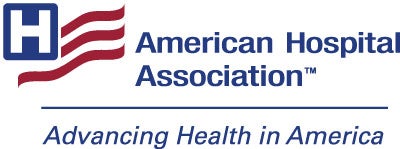
Other Resources

The AHA is reviewing its activities in light of recent Executive Orders and legal developments, which has required changes to our website.
AHA members, please login to access members-only content. We thank you for your patience.